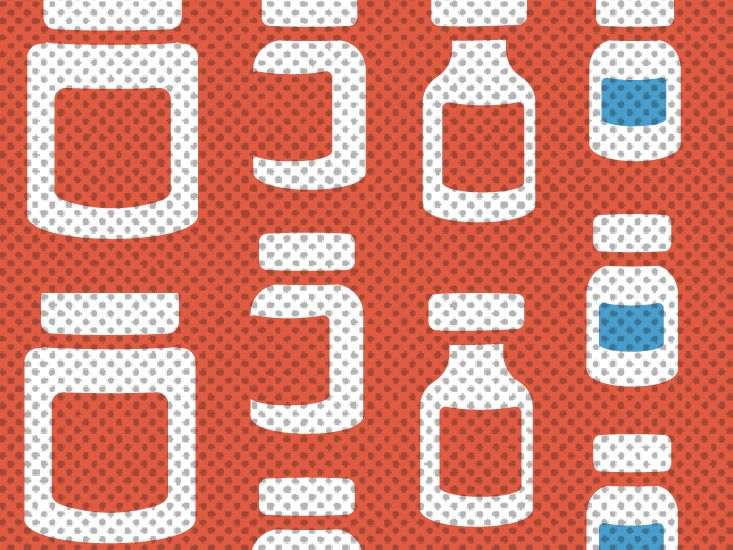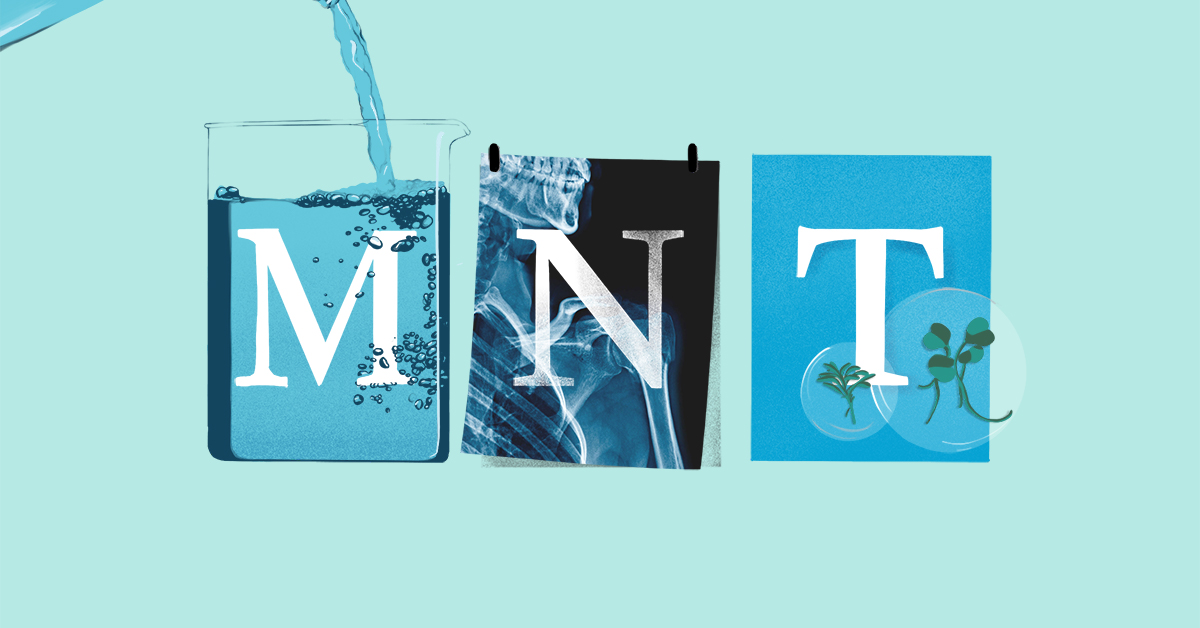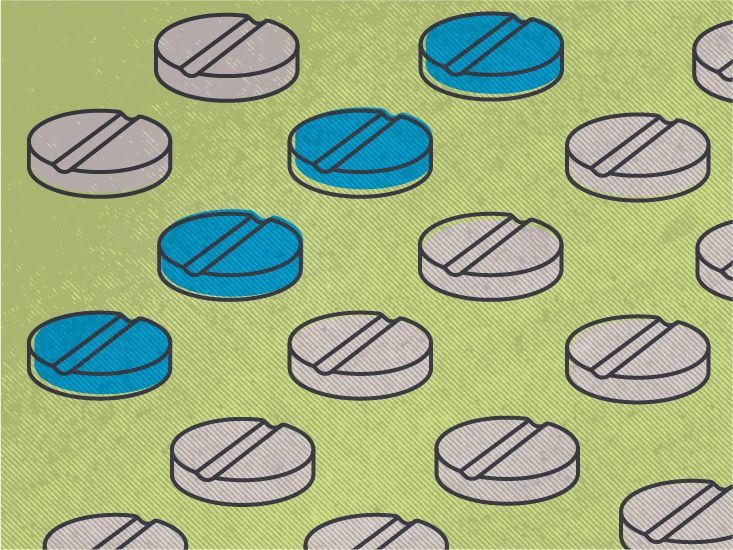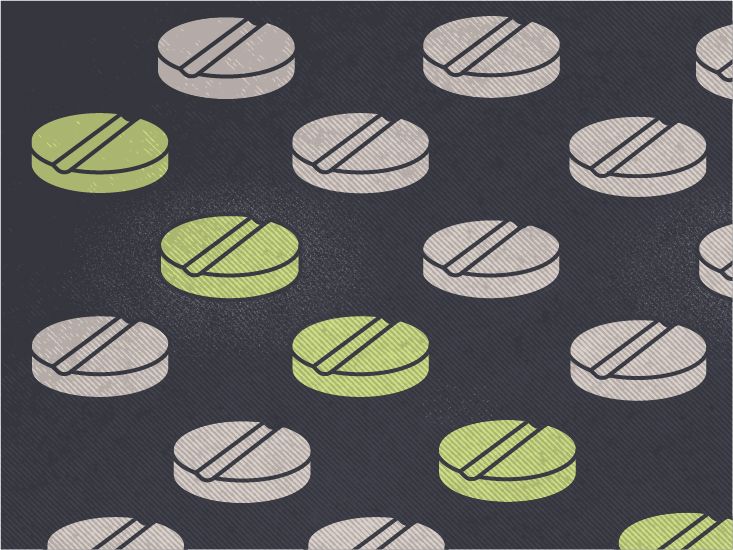The Complex Relationship Between Chocolate and ADHD
Attention deficit hyperactivity disorder (ADHD) is one of the most common neurodevelopmental disorders, affecting around 9.4% of children and 4.4% of adults in the United States. The hallmark symptoms of ADHD include inattention, hyperactivity and impulsivity, which can significantly impact daily functioning and quality of life.
While the exact causes of ADHD are not fully understood, research suggests that genetics, environmental factors and chemical imbalances in the brain all play a role. There has been particular interest in the influence of diet, with studies investigating whether certain foods and nutritional deficiencies may worsen ADHD symptoms.
One food that has been controversially linked to ADHD is chocolate. But does chocolate really affect ADHD? And is chocolate something that should be avoided for people with ADHD?
The Potential Link Between Chocolate and ADHD
There are several reasons why chocolate has been hypothesized to affect ADHD:
- Chocolate contains caffeine Caffeine is a stimulant that can increase alertness, anxiety, heart rate and blood pressure. Some research indicates that caffeine may exacerbate ADHD symptoms.
- Chocolate has phenylethylamine Phenylethylamine is a compound in chocolate that can have stimulant effects. It mayincrease dopamine levels in the brain.
- Sugar in chocolate Many chocolate products contain high amounts of sugar. Some studies have linked sugar intake to worsening ADHD symptoms.
- Allergies and sensitivities Some children may have undiagnosed sensitivities to chocolate that can affect behavior.
Based on these factors, some parents and doctors have recommended limiting chocolate intake for children with ADHD. However, the evidence for chocolate worsening ADHD is still considered limited and controversial.
Studies Investigating Chocolate and ADHD
While the theoretical links between chocolate and ADHD exist, direct scientific studies on the subject are still quite limited. Here is a summary of the existing research:
The Wolraich Study
One of the most influential studies on chocolate and ADHD was conducted by Dr. Mark Wolraich in the 1990s. The study had 22 children with ADHD follow a diet that eliminated potential trigger foods, including chocolate, for 5 weeks. 65% of children had significant reductions in hyperactive behavior during the diet period.
However, there were significant limitations to the study. It did not test chocolate or sugar specifically. Children eliminated multiple foods, so it is impossible to pinpoint chocolate as the causative food. The study was also small, short-term and did not have a control group.
Other Limitations
Other studies linking chocolate to hyperactivity have had similar limitations, including:
- Lack of control groups or double-blind testing
- Very small sample sizes
- Reliance on subjective parent ratings
- No measurement of chocolate or caffeine specifically
Overall, while some studies show possible links between chocolate and ADHD symptoms, the research has significant flaws that prevent strong conclusions.
Potential Benefits of Chocolate
While chocolate may theoretically worsen ADHD due to its caffeine and sugar content, chocolate also has compounds that may have beneficial effects on the brain.
Dark chocolate in particular contains flavanols. Flavanols are antioxidants with anti-inflammatory properties that can promote brain plasticity and improve vascular health. Some studies have found flavanols may have positive influences on cognition and mood.
Additionally, chocolate contains magnesium. Magnesium is a mineral important for brain development and neurotransmitter synthesis. Some research indicates children with ADHD may have lower magnesium levels. Increasing magnesium intake through foods like dark chocolate may potentially help some ADHD symptoms.
Overall, while chocolate has theoretical risks, it also contains beneficial plant compounds that may promote brain health. The net influence of chocolate on the ADHD brain is complex and may come down to individual tolerance.
Individual Factors to Consider
Since the research on chocolate and ADHD is still emerging, it is hard to make definitive recommendations about chocolate avoidance. There are a few key factors that may determine chocolates impact for an individual:
Caffeine Tolerance
The amount of caffeine tolerated can vary drastically from person to person. Those who rarely consume caffeine may be more sensitive to potential effects from chocolates caffeine content.
Allergies and Sensitivities
Some children may have undiagnosed food sensitivities or allergies to chocolate that could affect ADHD symptoms. Keeping a food diary can help identify if chocolate worsens behaviors.
Type of Chocolate Consumed
The type of chocolate may matter. Dark chocolate has lower sugar and higher beneficial antioxidant content compared to milk chocolate for example. The less processed the chocolate, the less likely it may affect ADHD symptoms.
Amount of Chocolate Eaten
Consuming chocolate in moderation is more prudent than overindulging. Eating excessive chocolate may cause blood sugar spikes and crashes that can influence behaviors.
Considering these individual factors can help determine if chocolate is a helpful or unhelpful food choice for someone with ADHD.
Tips for Incorporating Chocolate with ADHD
Rather than universally restricting or permitting chocolate for ADHD, it may be most helpful for parents to assess and monitor their childs unique response to chocolate. Here are some tips for safely incorporating chocolate:
Gradually Introduce Chocolate
Slowly introduce small amounts of chocolate and watch for any behavioral changes. Increase chocolate intake slowly to identify tolerance levels.
Opt for Dark Chocolate
Choose dark chocolate with at least 70% cocoa content to get more benefits from flavanols with less sugar.
Control Portions
Stick to small, portioned amounts of chocolate. Moderation is key, as overindulgence can spike blood sugar.
Limit Additional Sugars
Avoid pairing chocolate with other sugary foods or drinks, which may worsen effects.
Consider Caffeine From All Sources
Factor in chocolates caffeine content when monitoring total daily caffeine intake from other foods and beverages.
Time Chocolate Carefully
Avoid chocolate before tests or activities requiring focus. Have chocolate with meals to prevent blood sugar spikes.
The Bottom Line
The research surrounding chocolate and ADHD is still inconclusive and conflicting. Chocolate may potentially worsen ADHD symptoms in some children due to its caffeine and sugar. However, chocolate also contains beneficial antioxidants that may support brain health.
Rather than universally restricting chocolate for all children with ADHD, it is important to consider individual sensitivities. Monitoring a childs unique reactions to chocolate can help determine if chocolate is a food that should be limited or can be healthfully enjoyed in moderation as part of the ADHD diet.
Disclaimer: This article is for informational purposes only and does not constitute medical advice. Always consult with a healthcare professional before starting any new treatment regimen.
Related Coverage
Learn how Vyvanse and Concerta are similar and different for treating ADHD. Compare effectiveness, side effects, cost, dosage, duration and more. Find out which stimulant may be better for you....
Find out the current Qelbree cost, how to lower it with coupons, insurance tricks, and real‑world tips for 2025 savings....
Learn how Quillivant XR dosage works, its liquid strengths, titration tips, safety precautions, and step‑by‑step dosing guidance....
Some people report needing to urinate more frequently after eating cinnamon. Learn why cinnamon may stimulate more pee stops and how to prevent excessive nighttime urination....
If your child excessively jumps on things and can't sit still, it could signify ADHD - but also may just be normal behavior. Learn how to evaluate when fidgety actions require further assessment....
Compare Strattera vs Adderall to see how their onset, side effects, effectiveness, and addiction risks differ for ADHD treatment....
Jornay PM side effects can be mild but knowing how to manage appetite loss, sleep changes, and mood shifts helps you stay on track....
Adderall shortages make getting prescriptions difficult. This guide covers pharmacy locator tools, therapeutic alternatives, provider communication, and unmedicated ADHD coping strategies....
Learn how Quillivant XR interactions with drugs, alcohol, and supplements can affect your health. Stay safe and informed....
The methylphenidate shortage continues into 2023, disrupting treatment for many ADHD patients. Learn what's causing the shortage, how patients are coping, and possible solutions....









